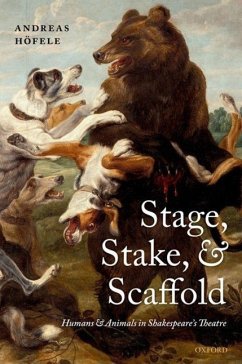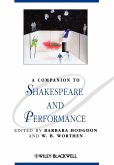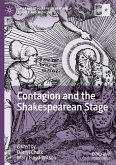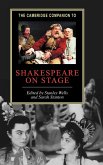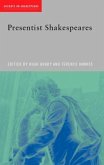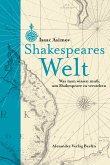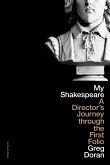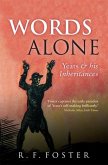The powerful exchanges between stage, stake, and scaffold - the theatre, the bear garden and the spectacle of public execution - crucially informed Shakespeare's explorations into the construction and workings of 'the human'. The theatre's family resemblance to animal baiting and the spectacle of punishment, its sharing of the same basic type of performance space - a theatre-in-the-round, a scaffold, stake or platform surrounded by spectators - bred an ever-readypotential for a transfer of images and meanings. The staging of one of these kinds of performance is always framed by an awareness of the other two, whose presence is never quite erased and often, indeed, emphatically foregrounded. Situating Shakespearean drama within its material environment, AndreasHöfele explores how this spill-over affects the way Shakespeare models his human characters and his understanding of 'human character' in general. His dramatis personae are infused with a degree of animality that a later, more specifically Cartesian, anthropology would categorically efface. Readings based on such an anthropology tend to reduce Shakespeare's teeming multitude of animal references to a stable marker of moral, social, and ontological difference, 'beast' being everything 'man'is not or ought not to be. In contrast, Höfele argues that Shakespearean notions of humanity rely just as much on inclusion as on exclusion of the animal. Humans and animals face each other across the species divide, but the divide proves highly permeable.
Hinweis: Dieser Artikel kann nur an eine deutsche Lieferadresse ausgeliefert werden.
Hinweis: Dieser Artikel kann nur an eine deutsche Lieferadresse ausgeliefert werden.

